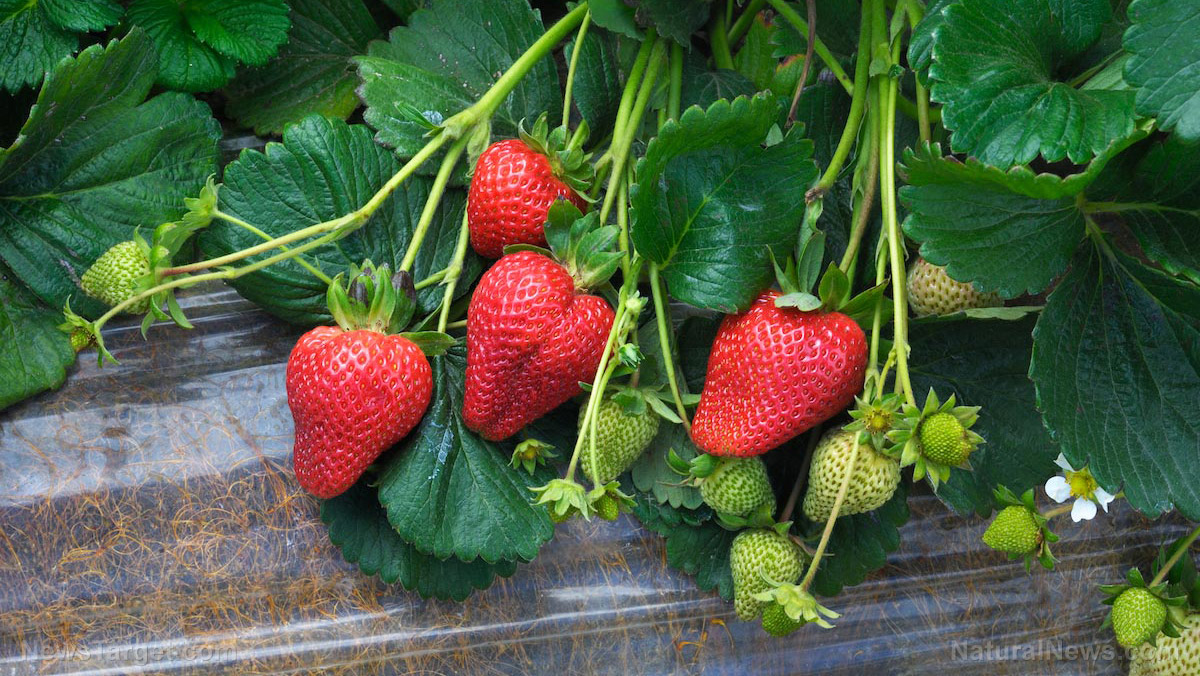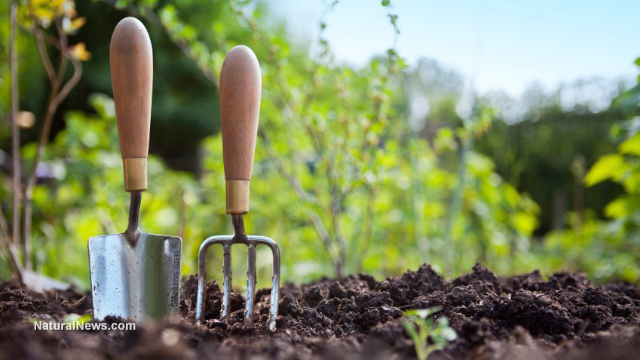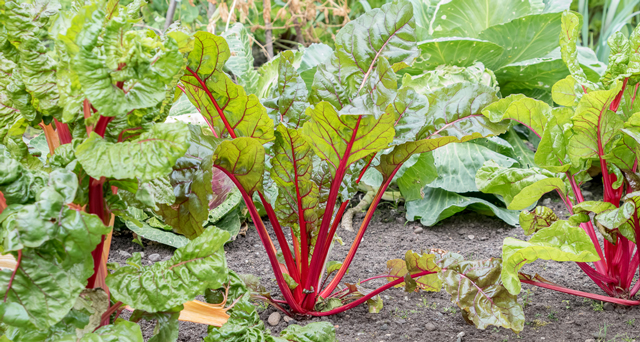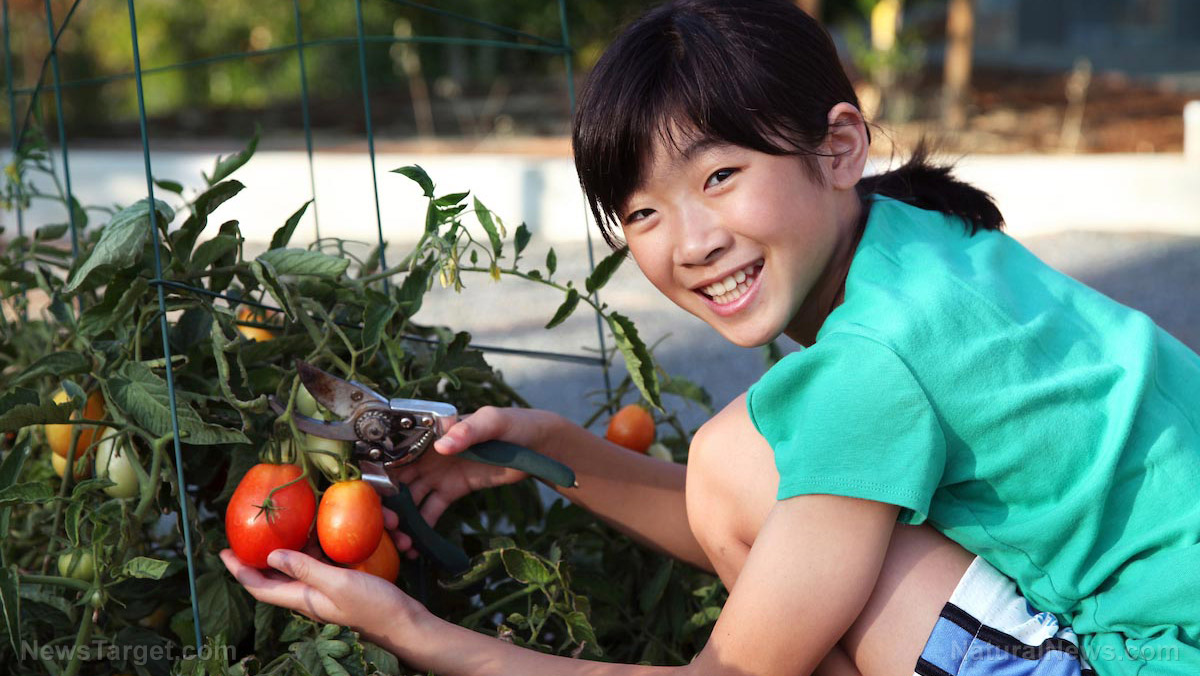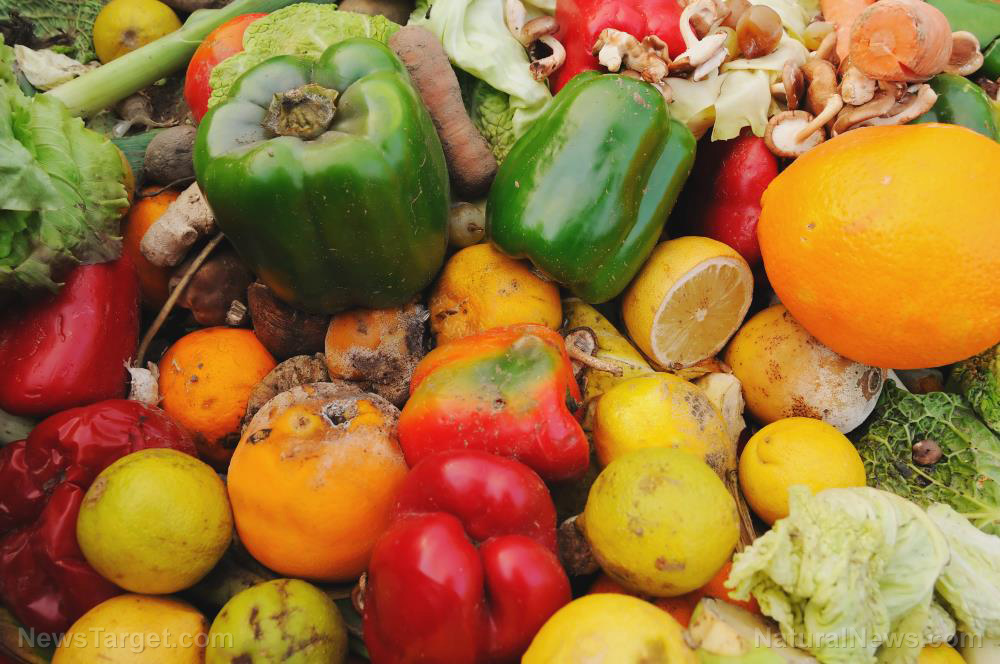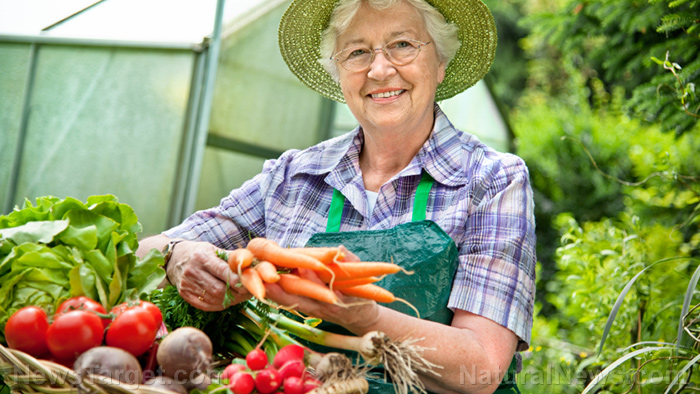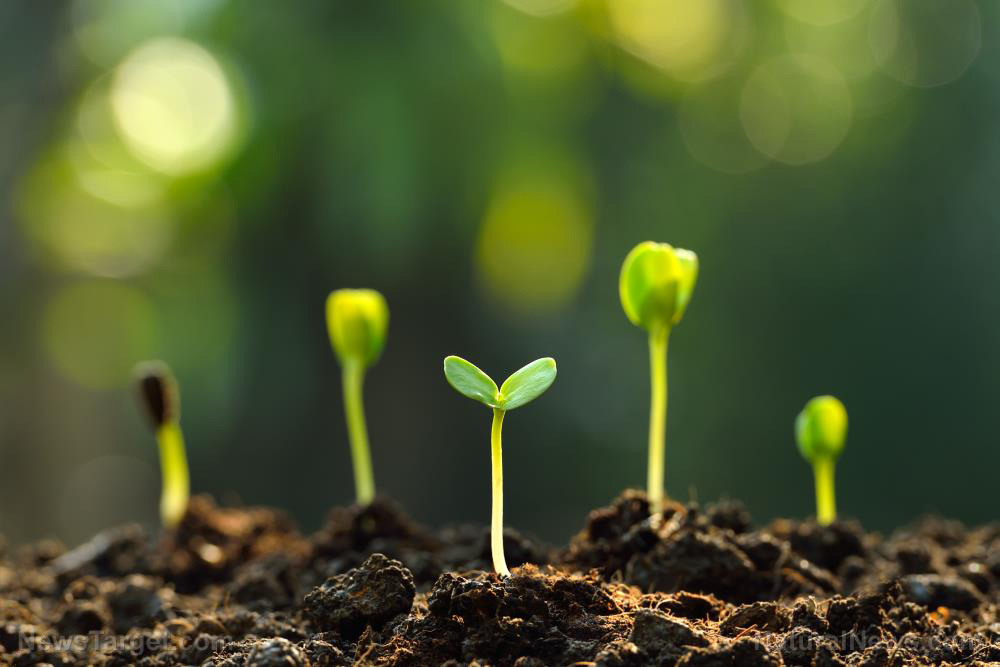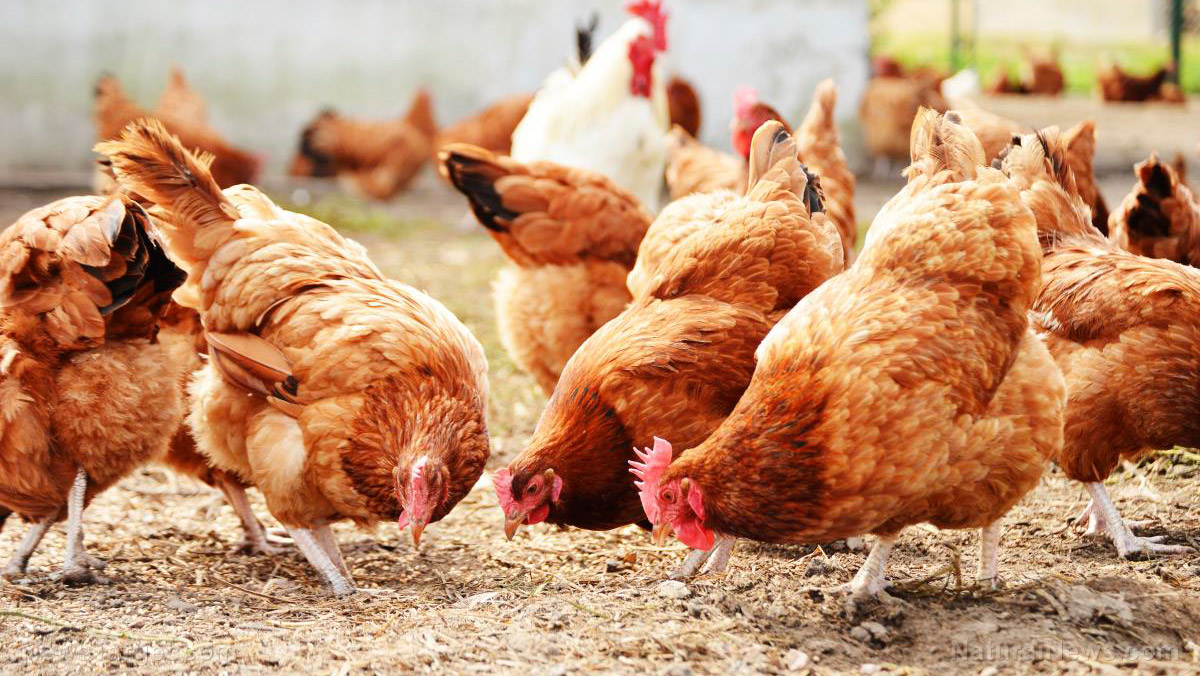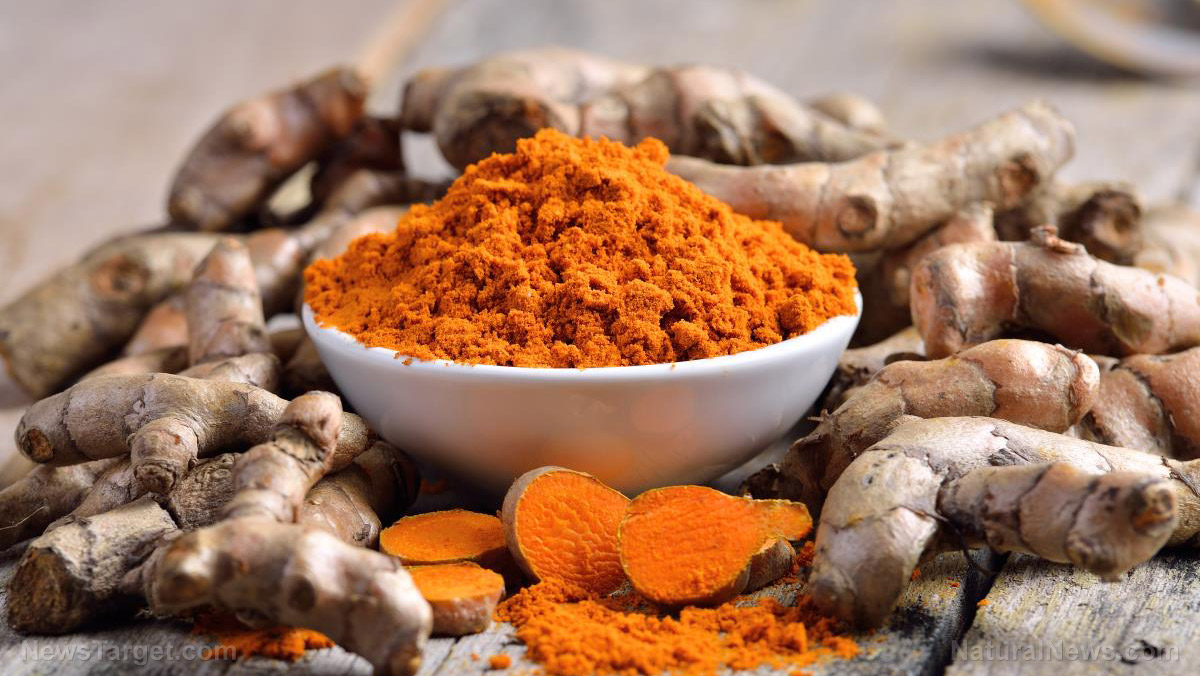Easy to grow and nutrient-rich: Considerations and instructions for sprouting
06/07/2019 / By Michelle Simmons
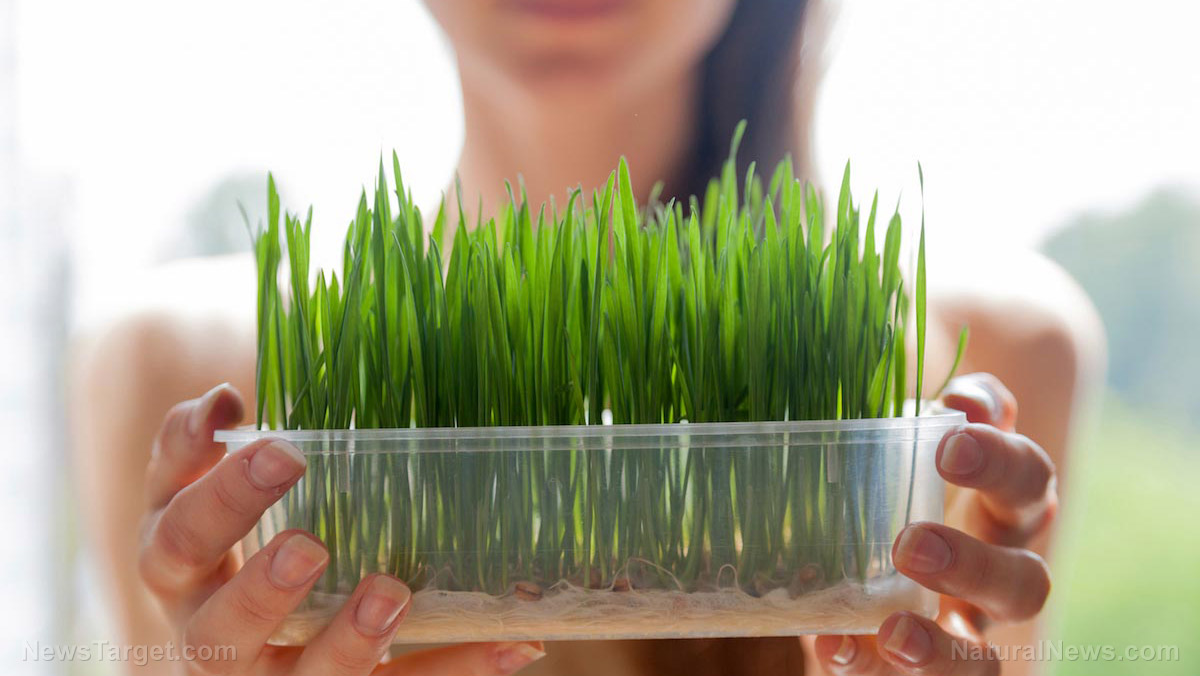
Sprouts are one of the best superfoods found in nature. They are often referred to as a complete food because they are packed with high levels of complete proteins, vitamins, minerals, enzymes, and protein. Eating sprouts cleanses the body, prevents diseases, aids in digestion, and removes gas from the stomach. What’s more is that they are easy to grow, making a great addition to your diet. (h/t ReadyNutrition.com)
Since seeds and beans are sprouted and grown in warm and humid conditions, they are also ideal for the growth of bacteria, such as Salmonella, Listeria, and E. coli, that cause foodborne illnesses. But you don’t have to worry – when you grow sprouts at home, you can control the seeds you use; the cleanliness of your sprouting jar; how much air circulation your sprouts get; who touches the seeds; and how long the sprouts stay in the jar before being rinsed. (Related: Why sprouts are the ultimate prepper food for cost-effective nutrition.)
A guide to growing your own sprouts
- You need a mason jar or a sprouting tray to let your seeds sprout in. A quart-sized jar is useful for sprouting seeds, while a large wide-mouth jar is better for larger seeds like beans and legumes. Beans and legumes quickly take up a lot of space when they start to sprout. Sprout kits are also available to help you expand your sprouting palate. If you are sprouting different varieties, consider investing in a low-cost four-tray sprouting kit.
- Choosing the right kind of seeds to sprout is also important. Except for nightshade varieties like eggplants and tomatoes, almost anything can be made into a sprout. Alfalfa, broccoli, cabbage, garbanzos, grains, lentils, mustard seed, nuts, peas, quinoa, radish, and red clover are some of the most common types of seeds to sprout. For optimum nutrition, choose sprouting seeds that are non-GMO and organic varieties. Otherwise, your sprout wouldn’t be as healthy and nutritious.
- After choosing your sprouting tray or jar and seeds, you may begin sprouting. To start, add one or two teaspoons of seeds in a jar and fill it with ¾ cool water.
- Swish the seeds around and let the water drain from the jar or sprouting tray. For sprouting beans like garbanzo or mung beans, soak them overnight and drain the water in the morning. Repeat the rinsing step twice a day for three to four days.
- Once the water has drained, cover the jar or tray with a mesh lid or cloth, securing it with a rubber band to let the air flow.
- Set sprouts in an area in the kitchen where it gets indirect sunlight. Ideally, sprouts prefer a temperature between 18 and 27 C or between 65 and 80 F. Rinse sprouts more often if the temperature is warmer with increased humidity.
- Once the sprouts are ready and have grown to the desired size, do a final rinse and drain them completely.
Adding sprouts to your diet is relatively easy. You can add them to salads, sandwiches, soups, and even bread for added nutrition. But before eating the sprouts, make sure to wash them all thoroughly with filtered water. If you don’t plan on eating them right away, you may put them in a glass or plastic container and store in the refrigerator. Sprouts have a very short shelf life — only two days. Do not eat sprouts that have detached buds, are dark in color, have a musty smell, and have stem color that is not white or creamy. For these sprouts, you can compost them.
Sources include:
Tagged Under: alfalfa sprouts, bean sprouts, broccoli sprouts, food supply, home gardening, homesteading, off grid, preparedness, prepping, preserving food, sprouting, sprouts, survival, survival food
RECENT NEWS & ARTICLES
COPYRIGHT © 2017 HOME GARDENING NEWS com


